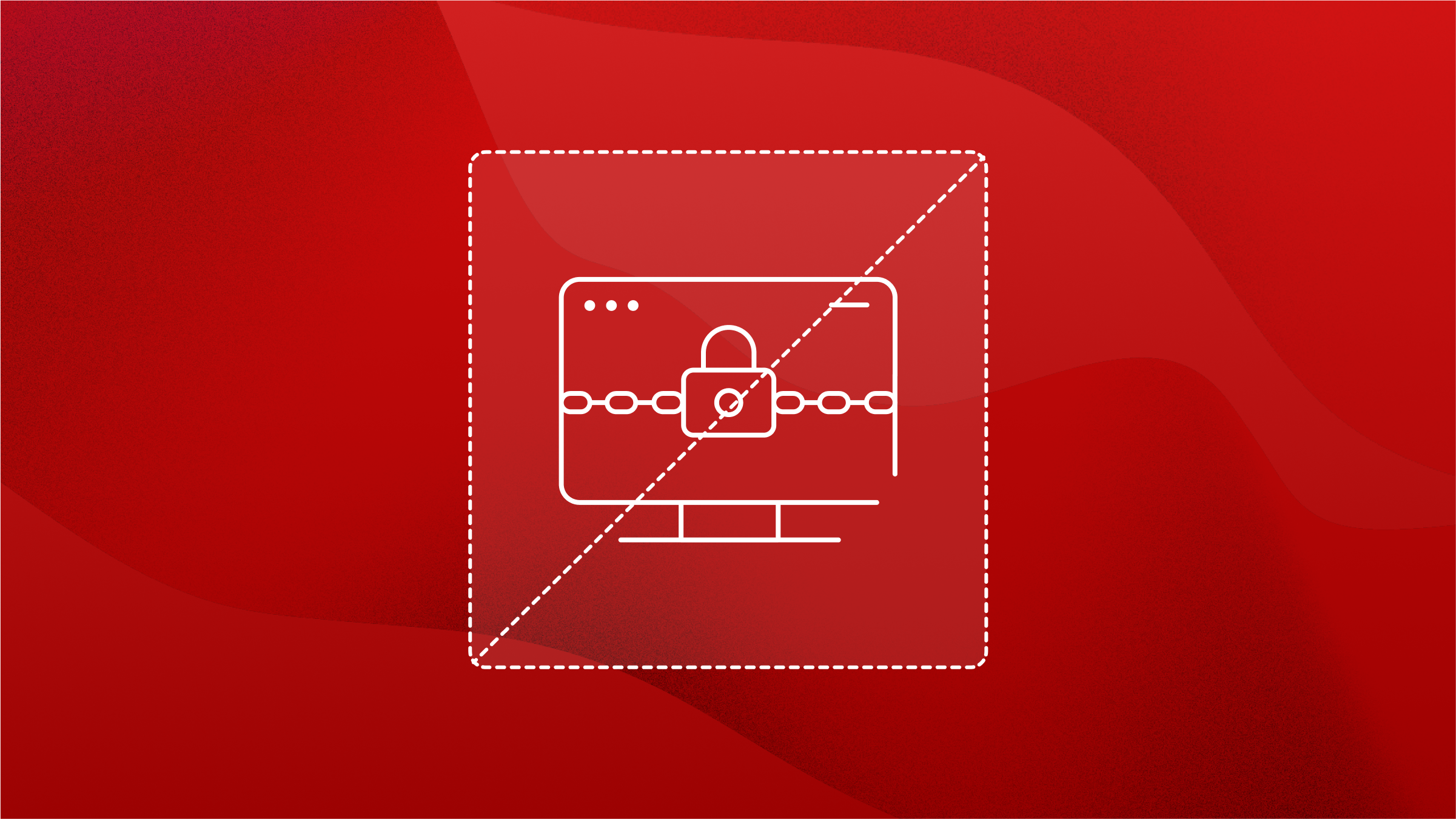5 Common Mistakes Companies Make when Complying with Bill 25

Imagine being at the helm of a thriving business in Quebec. Your operations continue to grow, and the amount of information and data you handle increases. Amidst this buzz, you've heard of Bill 25 and tried to make your business comply. But are you sure you've done things right? Have you avoided common mistakes or fallen into some of them?
Even with the best intentions, many companies make mistakes when implementing the legislative provisions and measures related to Bill 25. These mistakes can arise from misinterpretation, insufficient team training, or a lack of understanding of the nuances of the law. These challenges may raise questions like:
- Have I correctly classified and protected sensitive data?
- Are my employees well-trained to follow the new directives of Bill 25?
- Do my systems and policies genuinely reflect the requirements of Bill 25?
If these concerns sound familiar to you, you're in the right place. In this article, we'll explore the mistakes companies commonly make when implementing Bill 25 standards and, most importantly, how to avoid them. Let's navigate together toward flawless and secure implementation.
[BLOG_POST_SUMMARY]
Mistake #1: Not understanding the full scope of Bill 25

The implications of Bill 25: More than just regulation
According to a survey by the Quebec Chamber of Commerce Federation (FCCQ) conducted in June 2022, about 40% of companies do not measure the impact of the law on their procedures and operations. Only 35% feel fully ready to adhere to it. Additionally, nearly 40% of companies, primarily SMBs, admit not fully understanding the implications of Bill 25 and have not yet implemented robust data protection mechanisms.
Bill 25 is more than just another regulation that businesses must comply with. It establishes a specific framework for protecting individuals' data, underscoring the importance of confidentiality and security in today's digital world. This means its scope goes beyond mere technical or administrative requirements. It aims to instill a security culture within companies where data protection is central to their operations.
The consequences of implementation based on incomplete or erroneous information
Relying on incomplete or incorrect information when implementing Bill 25 is a recipe for disaster. Not only can this result in unintentional legal breaches, but it can also create security loopholes exploitable by malicious actors. For instance, a company might think it has adequately secured all personal data, but some sensitive information remains exposed due to misinterpreting requirements. In such a scenario, the company risks not only regulatory penalties but also loss of customer trust and potential damage to its reputation.
Approach paths for a better understanding of the law
Regular training and consultation with experts are essential to fully understand and comply with Bill 25. This could involve attending workshops, collaborating with specialized consultants, or taking certified training courses. Additionally, adopting specific tools and implementing internal procedures can help companies stay up-to-date and compliant with the law's changing requirements. A deep understanding of the law allows businesses to adopt safer practices, strengthen customer trust, and position themselves as leaders in data protection in their sector. In an era where data is seen as the "new gold", such a stance can provide a significant competitive advantage.
Uncertain about your compliance level with Bill 25? Contact Genatec for a detailed analysis and personalized recommendations. Find out how we can help you today!
Mistake #2: Insufficient security measures
Description of commonly overlooked security measures
The world of IT security is vast and complex. With many technologies and procedures available, it's easy to miss some critical elements. Whether neglecting regular software updates, lacking a two-factor authentication protocol, or unaware of the latest security threats, many businesses are exposed without realizing it. Understanding the overlooked measures is the first step to avoid significant security failures.
Risks associated with inadequate protection of personal information
The consequences of insufficient IT security can be devastating for an individual or business. Beyond potential fines or legal sanctions related to non-compliance with Bill 25 regulations, there's also the risk of direct financial losses due to malicious attacks. Worse yet, a security breach can lead to a loss of customers' and partners' trust, severely damaging the company's reputation and credibility. It is, therefore, crucial to understand the extent of the dangers associated with an inadequate security strategy.
How to strengthen security measures in businesses
Companies are not defenceless against threats. On the contrary, it is possible to establish a robust defence with the right strategy and tools. This involves ongoing team training, staying informed about the latest vulnerabilities, and adopting proven security solutions. A clear, detailed, and regularly updated action plan is critical to protecting your business against external and internal threats.
Are your current security measures leaving you perplexed? Genatec offers robust security solutions to ensure optimal data protection. Discover our expertise!
Mistake #3: Not training or raising awareness among staff

Importance of ongoing training and awareness
In the dynamic and ever-evolving world of IT security and personal data protection, continuous training and staff awareness are not just recommended - they are essential. Up-to-date security software can be effective, but human error often makes systems vulnerable. Employees, from senior executives to new recruits, must be informed of best practices and protocols to ensure the company's security and compliance with Bill 25.
Consequences of an ill-informed team
43% of cyberattacks target SMBs, perceived by cybercriminals as easy prey due to their limited cybersecurity resources. Additionally, 60% of these SMBs go bankrupt following a cyberattack.
Mistakes made by poorly trained or inadequately informed employees can have catastrophic repercussions. A simple click on a phishing email or using a weak password can give access to sensitive information, endangering the company's security and that of its clients. Besides the immediate security risks, non-compliance or violations due to personnel errors can result in legal sanctions and fines and permanently tarnish the company's reputation.
Strategies for Effective Training
To ensure compliance and safety, it's not enough to simply train employees; it needs to be done correctly. This begins by identifying your company's specific training needs. Interactive workshops, phishing simulations, and regular training on emerging threats can help strengthen a company's security culture. Moreover, integrating security principles into the orientation of new employees and ensuring periodic training sessions for all staff are essential to maintaining a solid defence against ongoing threats.
Mistake #4: Overlooking the Rights of Concerned Individuals

Introduction to the fundamental rights guaranteed by Bill 25
Bill 25, in line with its commitment to data protection, establishes a set of fundamental rights for individuals. They include the right to access their data, correct it, and sometimes request its deletion. Furthermore, they can be informed about how their data is processed, used, and shared. Companies must understand these rights fully to ensure complete compliance and maintain the trust of individuals whose data they hold.
Common mistakes regarding these rights
It's common for some companies to overlook, either through ignorance or oversight, the rights of individuals. For instance, not providing an easy way for users to access their data or not transparently informing them about the use of their information are typical mistakes. Sometimes, data deletion or correction requests may be handled with delays or even ignored. These shortcomings can result in penalties under Bill 25 and erode customers' or users' trust in the company.
Solutions to ensure and respect these rights
It's essential to adopt a proactive approach to avoid making these mistakes. This starts by setting up a robust system to handle requests related to users' personal data protection rights, whether it's accessing their data, correcting it, or deleting it. It's also vital to train teams, especially frontline teams like customer service, to understand these rights and know how to address them. Lastly, transparent and regular communication about how data is processed and the associated rights strengthens trust and shows that the company takes its responsibilities seriously.
You might also like: Bill 25 explained: Essential Guide for Quebec companies.
Mistake #5: Not Having a Response Plan in Case of a Data Breach

The importance of being prepared for incidents
In today's digital age, data privacy breaches are an omnipresent threat for all businesses, regardless of size or industry. Such a breach can lead to significant financial losses, harm the company's reputation, and result in legal consequences. Being prepared is not only about complying with Bill 25 but also a necessity to ensure business continuity and maintain trust with customers and partners.
Common mistakes after a data breach
Once a breach is detected, the initial hours are critical. However, many companies do not communicate quickly and transparently with the affected parties. Other organizations might not have the technical expertise to contain and analyze the breach, thus extending its impact and consequences. Companies might make hasty decisions that exacerbate the situation without a clear action plan or miss essential regulatory obligations such as notifying the relevant authorities.
Key steps to create an effective response plan
A data breach response plan should be detailed, accessible, and regularly updated. Initial steps include appointing a cross-functional team consisting of security, communication, and compliance experts to manage incidents. This plan should also clearly define internal and external notification procedures and provide regular simulations to ensure all stakeholders know precisely how to react. Moreover, investing in tools and training to strengthen IT security and educate staff can significantly reduce the risk of a breach.
Wrapping Up

Complying with Bill 25 is a significant challenge for many Quebec businesses. As we've seen, several mistakes can occur in this endeavour. The challenges are many, from not understanding the full scope of Bill 25, through insufficient security measures, to neglecting individuals' fundamental rights and lacking a solid plan in case of a data breach.
However, every highlighted mistake also comes with a solution:
-
Not understanding the complete scope of Bill 25: Delve deeply into the law, consult experts, and engage in continuous training.
-
Insufficient security measures: Ensure robust security measures are implemented, understand the associated risks, and always look for ways to enhance security.
-
Not training or educating staff: Ongoing training is essential. An informed team is a team that effectively protects data.
-
Overlooking the rights of concerned individuals: Familiarize yourself with the rights guaranteed by Bill 25, avoid common mistakes related to these rights, and set up processes to respect them.
-
Not having a response plan in case of a data breach: Preparation is key. Develop a robust and responsive strategy to address any data breaches efficiently.
Complying with Bill 25 is not just a box to tick; it requires deep understanding, rigorous planning, and ongoing responsible commitment. By avoiding these common mistakes and adopting the proposed solutions, companies can comply with the law and strengthen trust with their customers and partners while ensuring optimal data protection.
Do you have specific questions about Bill 25 or wish to discuss your needs? Book a free consultation with our Genatec experts. We are here to help!

